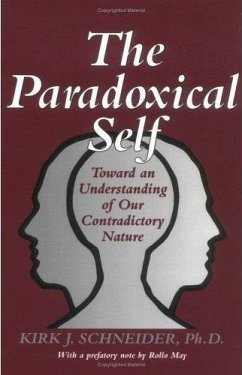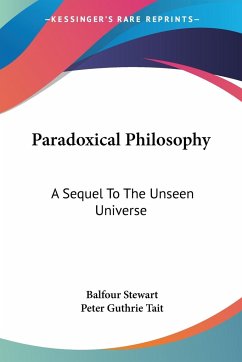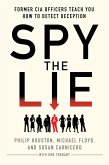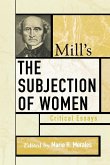Why do so many of us develop extremist psychological patterns, from withdrawal to aggression, friendship to enmity? Why do people vicariously live out their extremes through the actions of others? What can we do to transform these extremes in order to live vital and creative lives? Drawing on the vast literature of existential psychology, Dr. Schneider develops what he calls the paradox principle, based on the assumptions that human experience spans a continuum from constriction to expansion. The former is characterized by the capacity to yield and focus, the latter by the capacity to assert and incorporate. People become dysfunctional, polarized, or excessive, says Schneider, when they fear either of these capacities. After applying his model to a variety of dysfunctional syndromes, Schneider goes on to depict its relevance for psychological health. He ties his model directly to subjects' personal histories and shows its pertinence to creativity, physical health, religious and social organizations, child rearing, and psychology.
Hinweis: Dieser Artikel kann nur an eine deutsche Lieferadresse ausgeliefert werden.
Hinweis: Dieser Artikel kann nur an eine deutsche Lieferadresse ausgeliefert werden.








